Ziv Better, a nine-time Paralympic swimming medalist who lost nearly all of his eyesight during his service in the Israel Defense Forces, is no stranger to doing laps virtually blind.
But now a new vibrating headband device is giving him what he says is an added sense of security every time he enters the pool.
Israeli startup EyeCan is developing the smart headband, which alerts swimmers in real time whenever they move from the center of their lane or are approaching an obstacle.
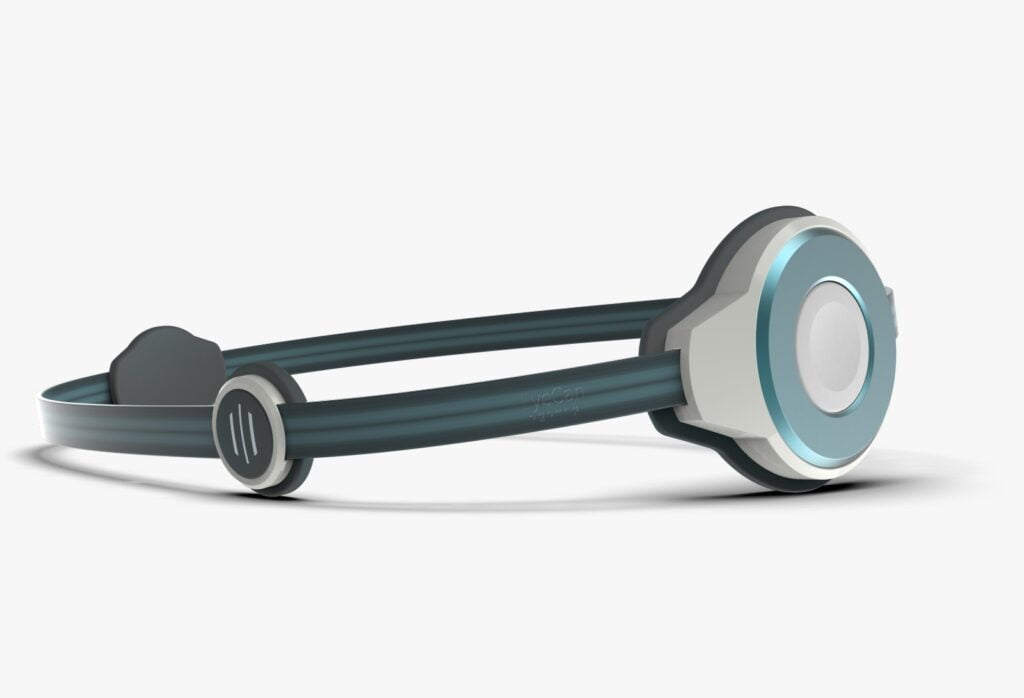
According to both Better and the company, visually impaired swimmers bear the risk of getting disoriented, deviating off the lane, or colliding with obstacles head on – such as the edge of the pool.
The device is equipped with a camera that continuously scans the bottom of the pool and the area in front of the swimmer. This data is then sent to the “brain” of the headband, a processor located at the back of the device, which dispatches alerts to two chips located on either side of the swimmer’s head.
The chips use bone conduction, a kind of technology that sends sounds to the inner ear through the bones of the skull without having to block the ear itself.
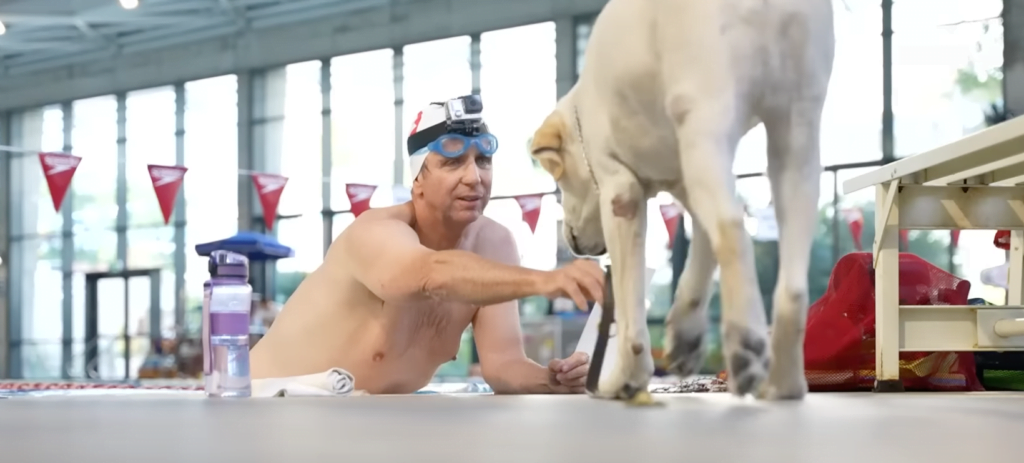
Amit Fisher, CEO and co-founder of EyeCan, says this is an essential product for the blind or visually impaired swimmer, as there is currently no technological solution allowing them to swim independently.
“Almost one third of the world’s population suffer from vision complications – 2.2 billion to be exact,” he tells NoCamels.
“But in today’s world, blind and visually impaired swimmers get hit on their head with a ‘tapper’ [a soft, pole-like stick held by another person] every time they reach the edge of the pool,” Fisher explains.
And for the most part, tappers are reserved for Paralympic swimmers. They’re used by the para-swimmers’ coaches so they know when to turn as they swim towards the walls of the pool at high speeds.
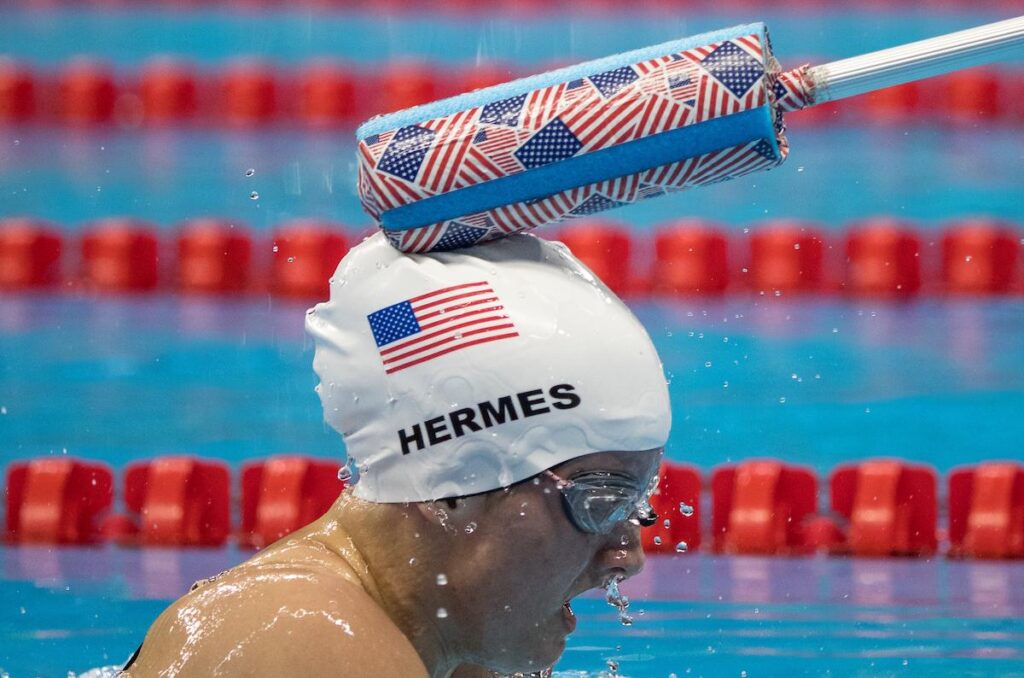
People who swim for leisure or for exercise do not normally have a person waiting at the edge of the pool with a stick. Fisher says that when these swimmers become disoriented or injured by hitting obstacles like floating lane dividers, it diminishes their motivation to keep swimming and training.
“The important thing is that feelings of independence and self-confidence are getting damaged,” Fisher says.
Swimming With Style
The Tel Aviv-based startup is developing its smart headband in two central ways.
It is continuing to train the processor’s algorithm by equipping swimmers with wearable cameras, and using the videos they record while in the water to help identify obstacles and whenever they stray from the center of the lane.
Whenever a swimmer deviates from their lane or approaches an obstacle, the EyeCan developers at poolside will send vibrations to their chip, an “off-the-shelf” piece of technology that needs no special development.
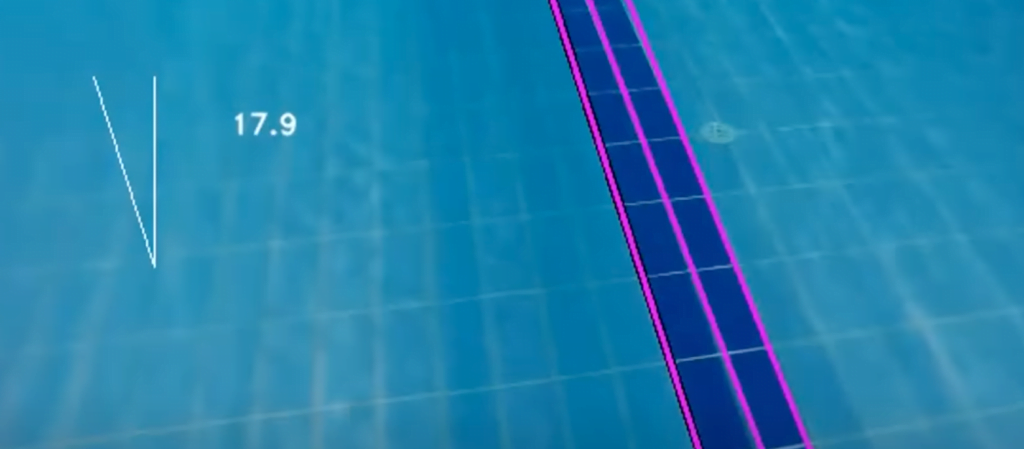
EyeCan is also working on a cameraless prototype used by visually impaired swimmers in order to receive feedback on the device’s efficacy and comfort.
Sign up for our free weekly newsletter
SubscribeFisher believes that both kinds of tests are crucial, explaining that it is very difficult to understand what is suitable for blind people when you aren’t living with the disability yourself.
“It’s important to receive their input every step of the way,” he says.
“What we gain from this, as an early-stage startup, is being able to develop the algorithm, and have users test it at the same time.”
Most swimmers who tested the product wanted a natural-looking and inconspicuous product, he says. As such, the headband will resemble regular swimwear, and will be made with the same materials as goggles. It will also come in shades of blue to blend in with the water.
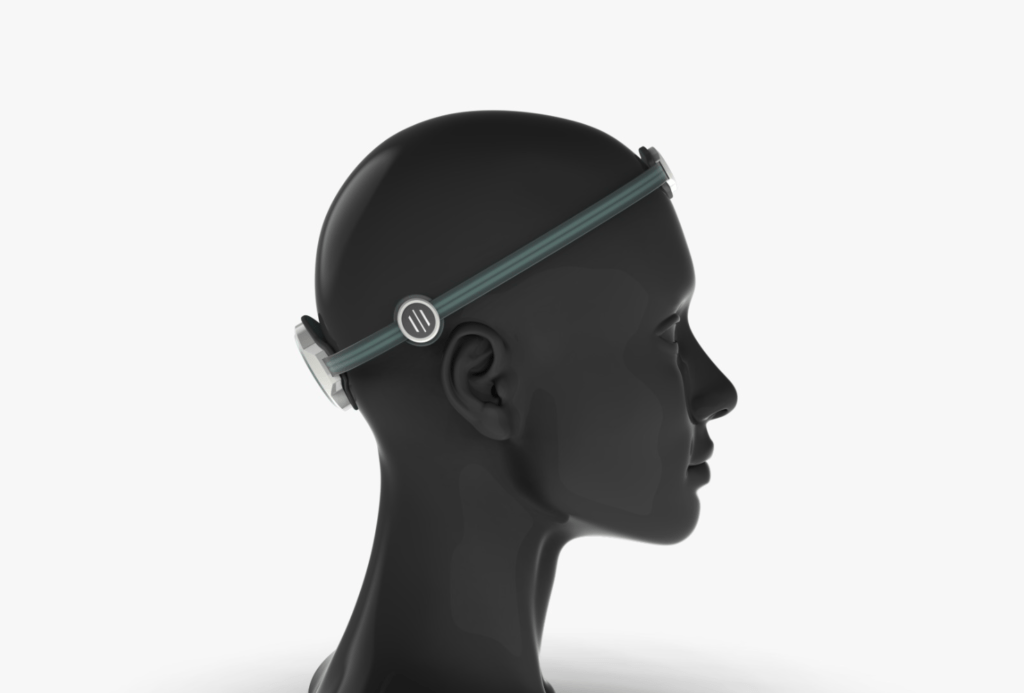
EyeCan was established in 2022 by Fisher and co-founder Tomer Etinger – both of whom have family members with disabilities – after the two studied industrial design to make products for people with disabilities.
As part of their studies, they visited Beit HaLohem (Warrior House), a rehabilitation, sports and recreation center for disabled veterans in Tel Aviv.
It was there they first met Better, who lost nearly all of his eyesight during the 1982 Lebanon War, when as an officer he stepped on a mine while trying to save one of his soldiers. Better was the first person to test the prototype, and today serves as an advisor to the startup.
“There are many people who are visually impaired and are afraid to even start [swimming],” Better told the Israeli media.
“This product can get more and more people – from young children to the elderly – into the water to swim.”
EyeCan says it has no direct competitors and says that there are in fact not enough products on the market designed for visually impaired people.
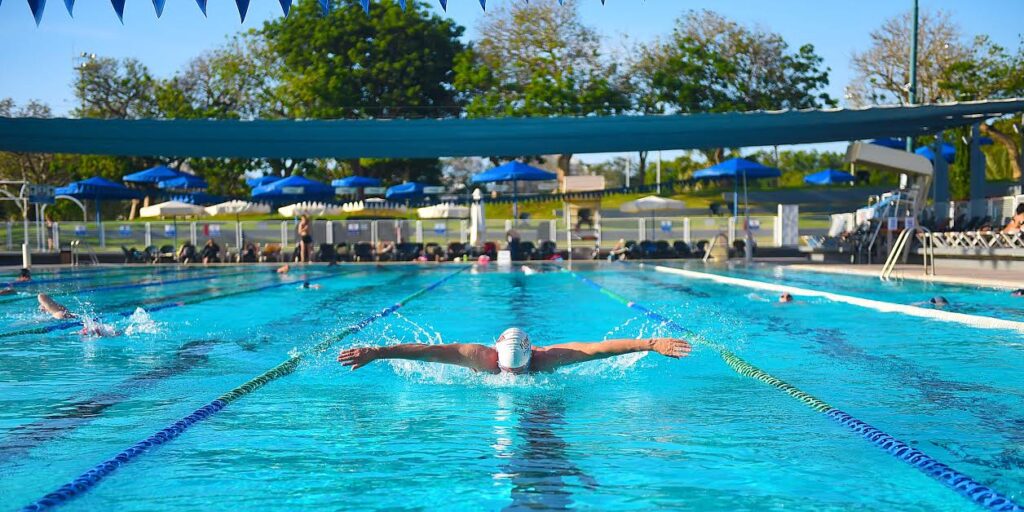
Students at Loughborough University in England were developing two wearable devices using tech like infrared beams and computer vision to determine the presence of obstacles and the proximity of the swimmer to the pool wall. But neither has issued updates since 2021.
EyeCan has thus far received a grant from the Israel Innovation Authority of a little over $30,000, and is currently in the process of fundraising. Fisher believes that with investment, the final product will be ready for market within 18 months.
The company was also part of 8200 Impact, a five-month intensive acceleration program for startups that aim to solve significant social problems through technology. The program was created by former members of the IDF’s 8200, a specialist unit monitoring signal intelligence.
When the product is fully developed, Fisher envisions it being distributed by leading sport brands such as Speedo and Nike, as well as by organizations that support blind and visually impaired people.
“Swimming is a kind of therapy,” says Fisher. “It is really important for us to make swimming independent.”
Related posts

Editors’ & Readers’ Choice: 10 Favorite NoCamels Articles

Forward Facing: What Does The Future Hold For Israeli High-Tech?

Impact Innovation: Israeli Startups That Could Shape Our Future


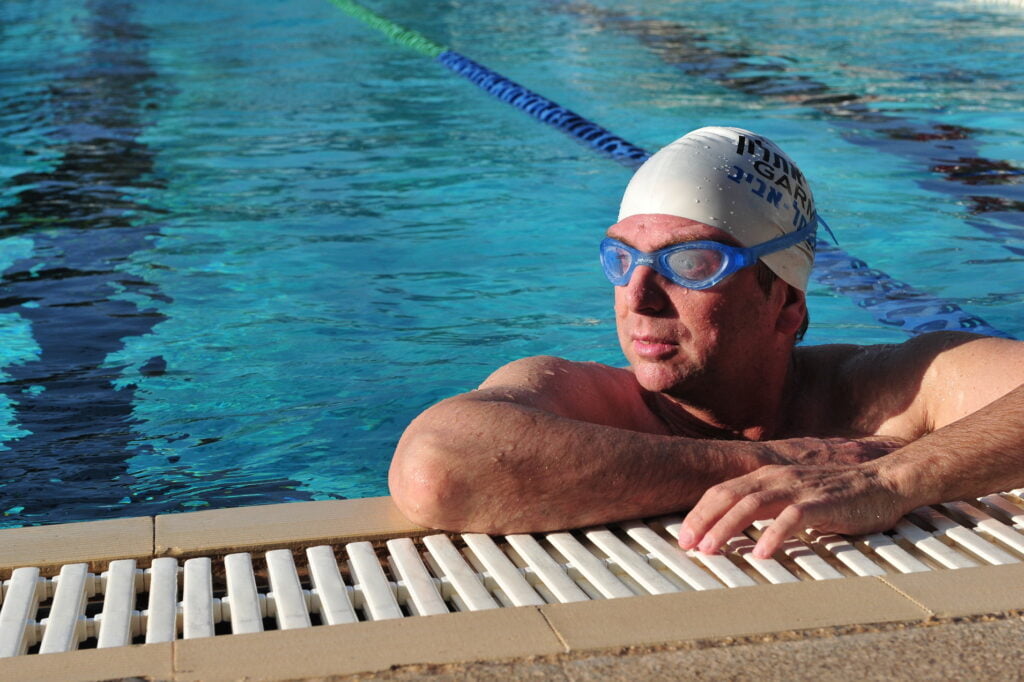

Facebook comments